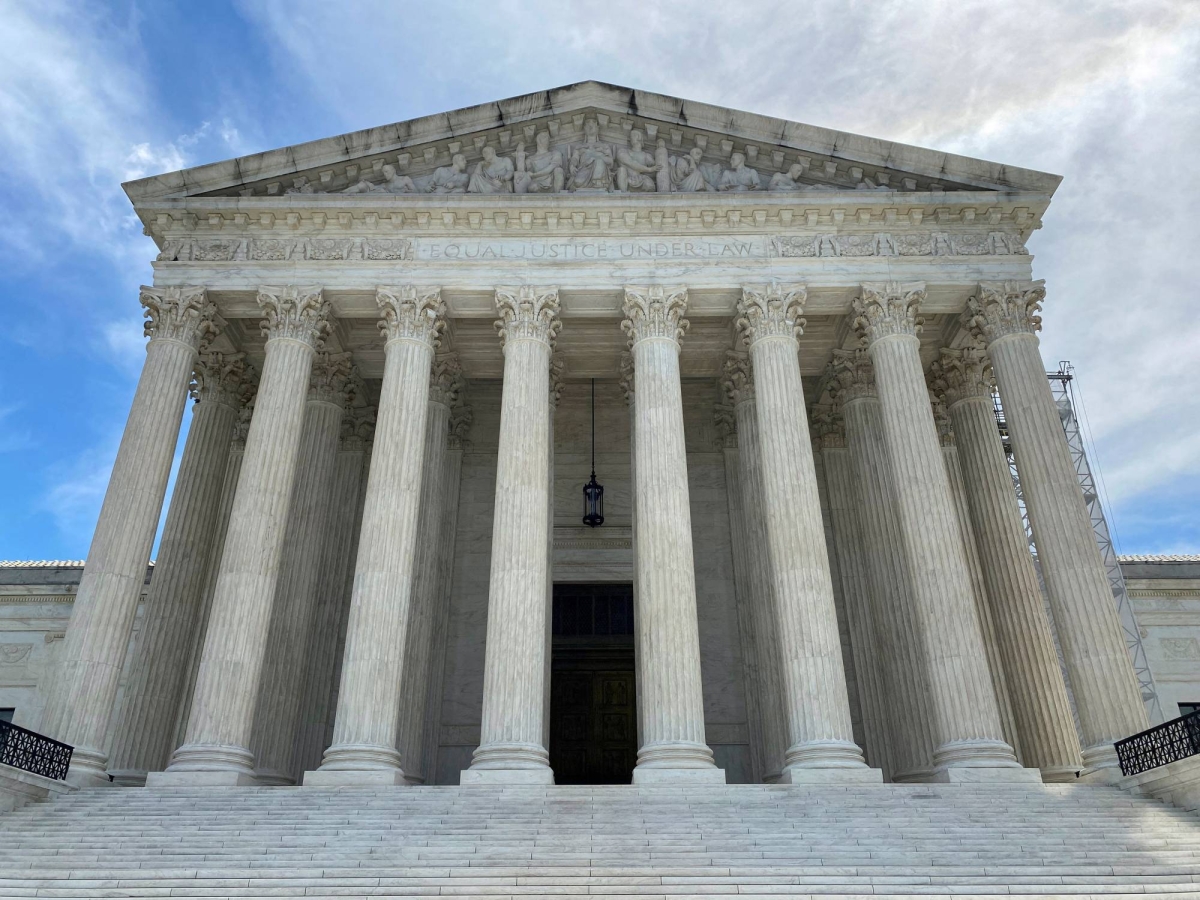Federal judges have taken steps including issuing numerous nationwide orders impeding Trump's aggressive use of executive action to advance his agenda.
Why it matters
- Federal judges are taking significant measures to prevent the former president from utilizing executive orders to further his political agenda.
- The judiciary's interventions reflect ongoing tensions between the legislative and executive branches of government.
- These rulings may set precedents that could influence the balance of power in future administrations.
In a notable development within the American judicial landscape, federal judges have been acting decisively to constrain the former President Donald Trump’s assertive approach to executive action. Numerous nationwide injunctions and orders have emerged from various courts, signaling a robust response to what many view as an overreach of presidential authority. This intervention by the judiciary underscores a critical dialogue about the limits of executive power and the necessary checks and balances inherent in the U.S. political system.
The judiciary's recent rulings have come in response to a series of executive orders and proclamations issued by Trump that sought to advance his agenda without legislative approval. Critics argue that these actions not only bypass traditional legislative processes but also threaten the foundational principles of American democracy. As federal judges issue rulings that restrict Trump's capacity to implement policies unilaterally, they are reinforcing the notion that executive authority must be exercised within established legal frameworks.
This judicial pushback is particularly significant given the contentious political climate in the United States, where the lines between powers have increasingly blurred. The judges’ decisions highlight a willingness to challenge not only Trump’s specific actions but also the broader implications of an expansive executive power that could potentially undermine democratic governance.
One prominent case involved the courts intervening to halt a controversial immigration policy that sought to limit asylum applications. The judiciary determined that the executive order violated statutory provisions and due process rights, illustrating the courts’ role as guardians of the law. Such rulings are pivotal in ensuring that the executive branch does not operate unchecked, particularly when it comes to policies that affect vulnerable populations.
In an era where executive actions have become a common tool for achieving policy goals, these judicial actions may serve as a warning to future presidents about the potential consequences of overstepping legal boundaries. The implications of these judicial decisions extend beyond the Trump administration; they could shape the way in which executive power is exercised by future leaders, regardless of party affiliation.
The judicial branch's assertiveness raises questions about the long-term impacts on the executive's ability to govern effectively. While some may view these restrictions as necessary safeguards against overreach, others argue that they could hinder the ability of future administrations to act swiftly in times of crisis. The balance of power is a fluid and often contentious aspect of governance, and these recent judicial actions are likely to provoke further debate about the roles and responsibilities of each branch of government.
Moreover, as the legal battles continue, they are likely to attract significant public and media attention, keeping issues of executive authority and judicial oversight at the forefront of national discourse. The outcomes of these cases could not only affect Trump’s agenda but also set legal precedents that will impact future administrations’ approaches to executive action.
In conclusion, the ongoing legal challenges to Trump’s executive orders reflect a critical juncture in American politics. As federal judges take a stand against perceived overreach, they are affirming the importance of maintaining a balance of power that respects the roles of both the executive and legislative branches. This scenario serves as a reminder that the rule of law remains a cornerstone of democracy, and the judiciary plays a vital role in upholding these principles amidst shifting political tides.











